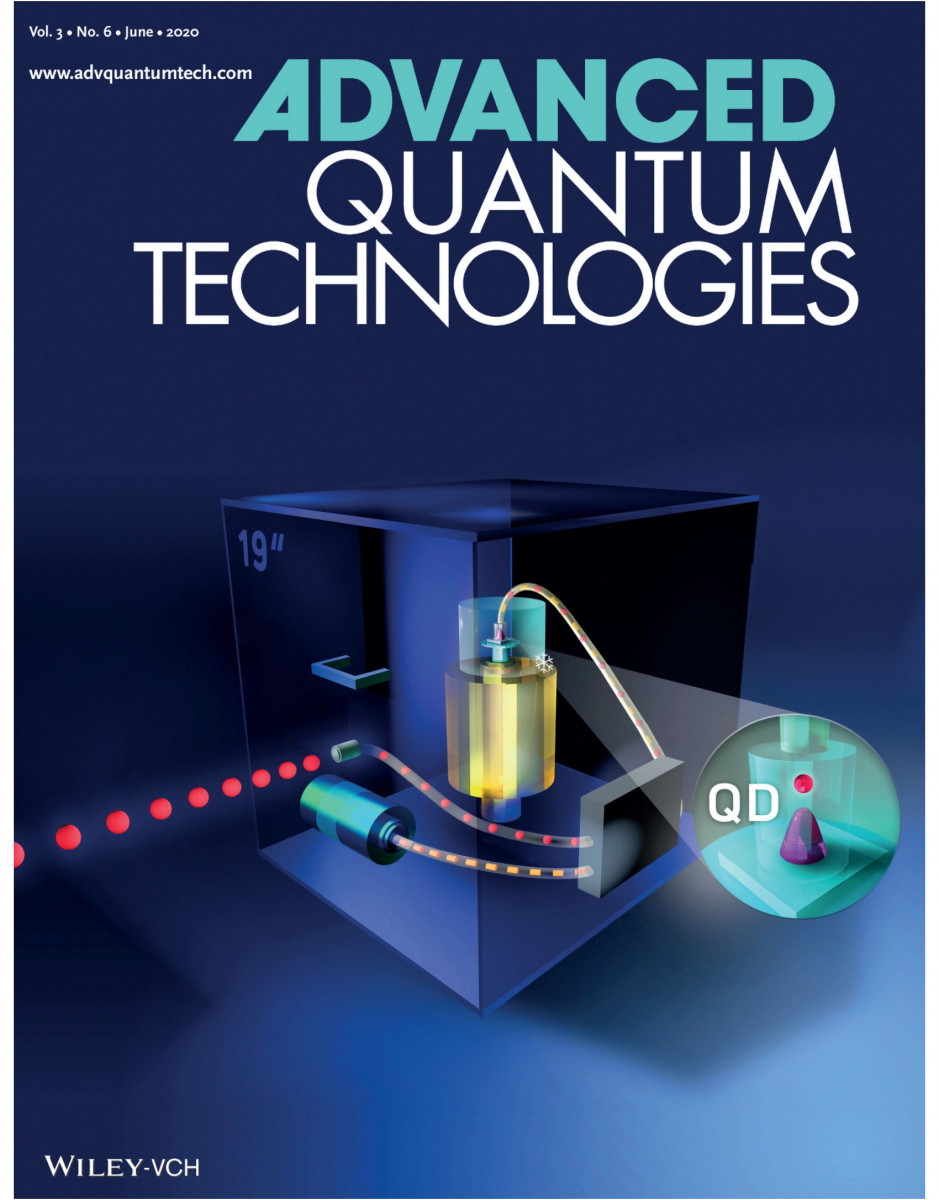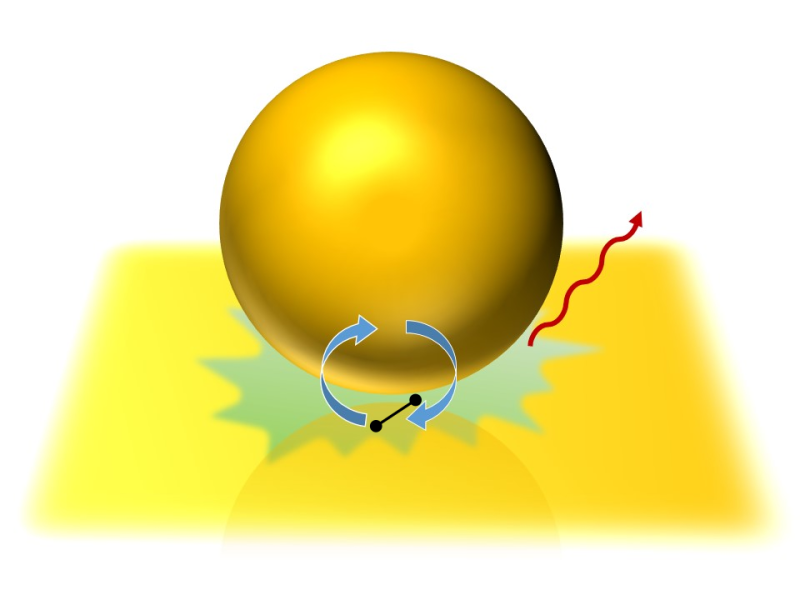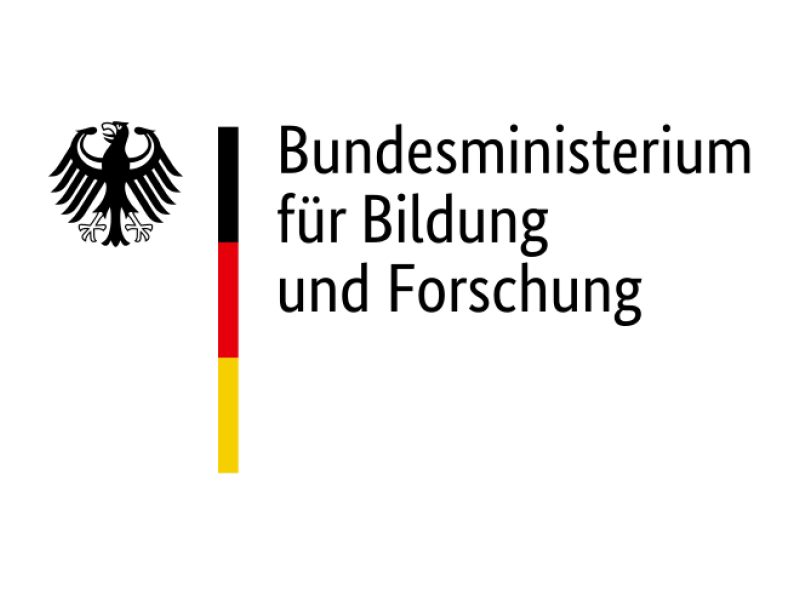The NanoLab project is part of the MODAL research campus. Data-based methods play an essential role in the development and application of photonic technologies. Efficient and optimal development of new technologies is often only possible with the help of simulations of the physical properties of the corresponding devices. In areas such as sensor technology and quality control, the evaluation of data enables decision-making and quantification processes. In addition to model-based simulations of measurement processes, artificial intelligence methods are becoming increasingly important here.
The aim of the project is to develop methods for efficient, error-controlled/self-adaptive simulation of light-matter interactions in resonant nanostructures. The methods are based on models for mode expansion of relevant quantities and use contour integral methods to calculate the modes and expansion coefficients. The application of these methods is tested in cooperation with technological application partners using realistic challenging examples.

Recent results from a collaboration between Wrocław University of Science and Technology, Technische Universität Berlin, Maria Curie Sklodowska University, Fibrain, PicoQuant, JCMwave, and Zuse Institute Berlin have been published in Advanced Quantum Technologies. The manuscript describes a user-friendly, fiber-coupled, single-photon source operating at telecom wavelength [A. Musial, et al., 2020]. Numerical design has been performed at JCMwave and ZIB. The publication has been highlighted by presenting it on the journal cover page.

